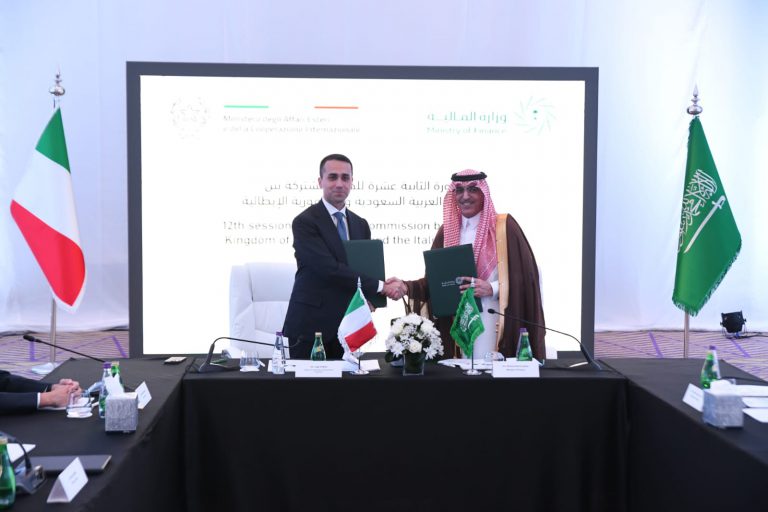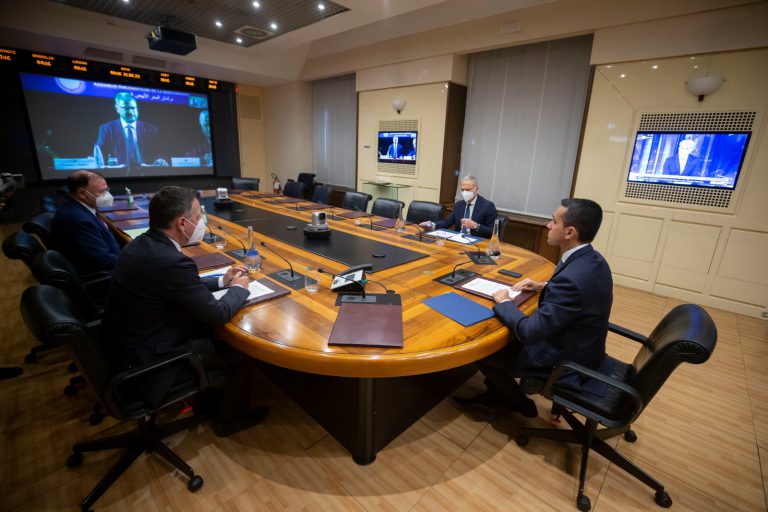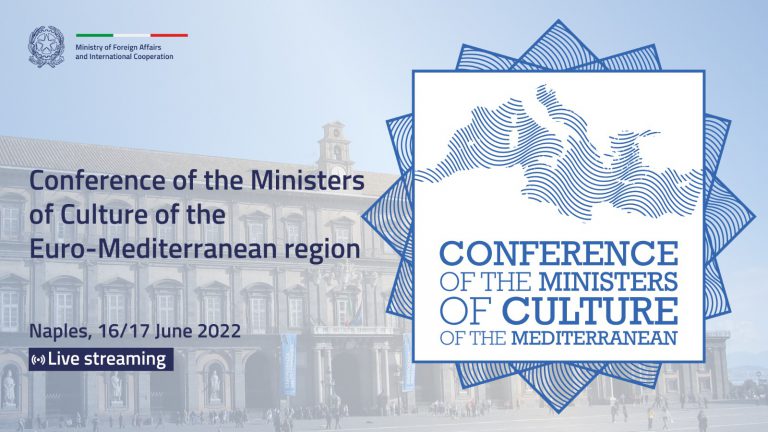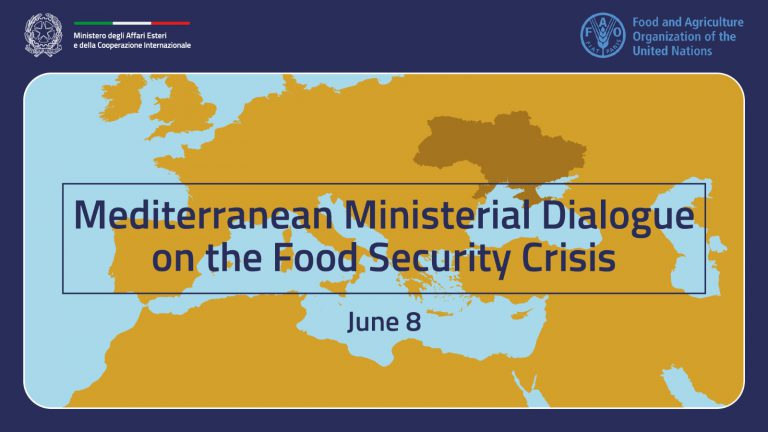Sir, three years have passed since the fall of Gaddafi and the new Libya is still living through difficult and trying times. In a period when the government and public opinion are following the situation in Ukraine with concern, we feel it is our duty not to lessen our focus on the Middle East. Yesterday, in Paris, we talked with the other foreign ministers of the Support Group for Lebanon and today we are hosting an international conference on Libya here in Rome, at the Farnesina, with 40 states and international organisations taking part.
For some commentators, Libya is a failed state. But that view is hardly appropriate, since it is not yet a state. 42 years of Gaddafi’s dictatorship have left little more than ruins: absent institutions; an oil-based economy; a practically non-existent social protection network; and the demonisation of political parties.
Libya’s great natural riches and the moderate traditionalism of its form of Islam gave us cause for hope that was borne out by the joyful atmosphere of the country’s newly regained freedom.
Sadly, the political-institutional framework subsequently deteriorated and the elections of 7 July 2012 did not give the hoped-for results.
The government is paralysed and has become a minority executive from which the Justice and Construction Party, which is close to the Muslim Brotherhood, has withdrawn. And the Congress is deeply divided and unstable. The population, throughout Libya, is intensely discontented and refuses to recognise the legitimacy of the current democratic institutions. Instead of economic growth and more openness towards the outside world, Libya’s many young people are today faced with growing unemployment, terrorism, and the violent deeds of the bands operating the traffic in drugs and in human beings.
How can we restore hope to the Libyan people and put an end to this painful transition, in the interests not just of Libya but of Europe? There are no short-cuts. The international community and friendly countries can help, but the people who must draw up a new social pact and build a future together, based on a national plan that attracts broad political consensus, are the Libyans themselves.
In spite of the attack on Congress by demonstrators last Sunday [2 March 2014], Libya is attending the Rome Conference with a large and varied delegation made up of the President of the Congress, the Premier, ministers and members of parliament, and the Secretary General of the National Dialogue Initiative.
The climate, certainly, is tense, but the authorities, and public opinion, have understood the need to send out a strong signal to the international community and give it at least a minimum basis for understanding so that the help on offer can produce concrete results. Any problems facing Libya today are first and foremost political, rather than technical. Only dialogue and national reconciliation will make it possible to find a solution to the country’s grave crisis. No help, no matter how effective, can take the place of a successful transition and the construction of the State. We will continue to play our part: the ministers arriving in Rome today will be met by a group of young Libyan soldiers being trained – with great success – by Italy in Cassino.
Today in Rome the international community is sending a clear message to Libya’s political forces and public opinion. The message that international aid can only produce results if the Libyans themselves create the political conditions for it to be absorbed. We hope that today’s Conference produces an impetus for the various elements of the Congress to move faster towards agreement on the date of the next elections. Libya deserves a better future and the international community is ready to do everything in its power to support and foster its rebirth.







